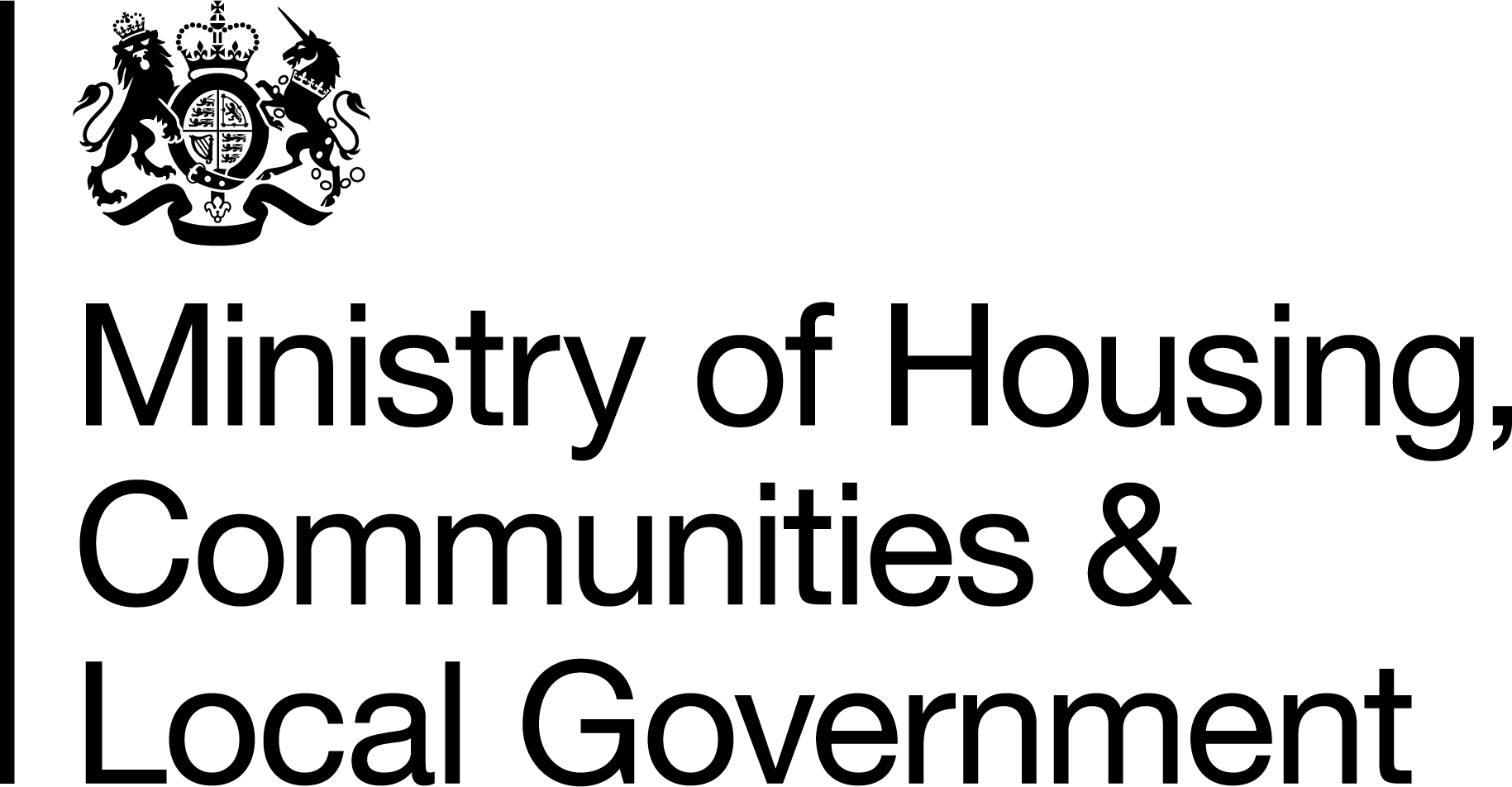Local Government Pensions Scheme in England and Wales - Scheme Improvements (Access and Protections)
Implementation of New Fair Deal proposals
118. To enable the sector to negotiate contracts under the new regulations as quickly as possible but also give flexibility and adequate time to prepare for these changes, the draft regulations are proposed to come into force at the date the parliamentary timetable allows the statutory instrument to be laid. From the date the statutory instrument is laid, outsourced staff will receive protected transferee status and have to be transferred back into the LGPS when the following happens:
-
when an outsourcing body enters into a new contract with a contractor for the provisions of services (first outsourcings);
-
when currently outsourced contracts are renewed, extended or re-procured; or
-
If the relevant contractor and the Fair Deal employer decide that it would be beneficial to renegotiate the contract before it ends.
However, the new regulations include an optional six-month transitional period from the date they come into force. This is intended to avoid unnecessary and unexpected costs being placed on funds and employers. During this six-month transitional period, for any contract that is newly signed, reviewed, re-procured or re-negotiated, there is the possibility to opt out of the new provisions. In cases involving a tender process, the Fair Deal employer would need to decide before the service contract is put out to tender if the specific contract will make use of the transitional period, enabling all relevant parties to understand their obligations before bids are made.
119. The government is also proposing that the 2007 Direction is to be revoked and replaced by a new Direction, aligned with the proposals in this consultation. That proposed Direction can be found attached to this consultation. The main difference in the new Direction is that it allows for the transfer back into the LGPS of all eligible members, by deeming the LGPS pension rights they are being provided with as broadly comparable to or better than the pension rights they had, or had a right to acquire, if they had remained with the Fair Deal employer.
120. A corresponding process would also take place regarding the 2022 Direction, to the same effect.
121. The group of particular interest to the government in this case is those individuals currently outsourced, with access to final salary benefits, who would now be being moved back into the LGPS, into a non-final salary benefits scheme. The government understands there to only be a small number of people in such a situation, but wishes to understand their views in particular.
122. Subject to responses, the government is also proposing to work with the Scheme Advisory Board, the Government Actuary’s Department, the LGA, and other stakeholders, to develop and publish statutory guidance based on the 2013 Fair Deal guidance to aid the implementation of the proposals. This will replace the current 2009 admission body guidance (17) and could include the following sections:
-
Definition of a Protected Transferee
-
New staff joining a local government contract
-
Definition of a Fair Deal employer
-
Deemed employer status and employer responsibilities
-
Exceptional arrangements
-
Transitional arrangements for staff currently covered by the 2007 or 2022 Directions
123. The government is also considering commissioning the Scheme Advisory Board to draft and publish additional guidance which could include sections on:
-
The procurement process
-
Employer responsibilities
-
Administration
124. The government also intends to update the relevant sections of the Model Services Contract to ensure it aligns with the updated New Fair Deal proposals for the LGPS.
125. The government recognises that the proposals would have impact on members, particularly in the potential cases of those being moved from broadly comparable final salary benefit schemes back into the LGPS as a CARE scheme. As such, the government wishes to understand if any respondents consider this, or other impacts, should be considered and whether additional protections would be necessary.
